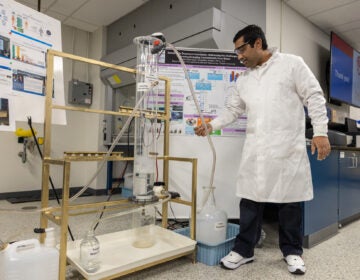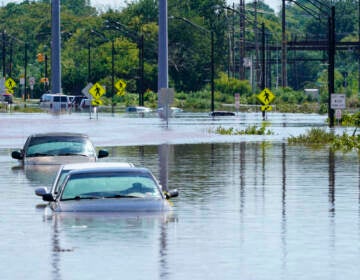Thousands of bottle caps, plastic pieces littered New Jersey beaches last year, report finds
Though the number of plastic bags found on New Jersey beaches has declined, overall plastic waste persists.
Listen 1:17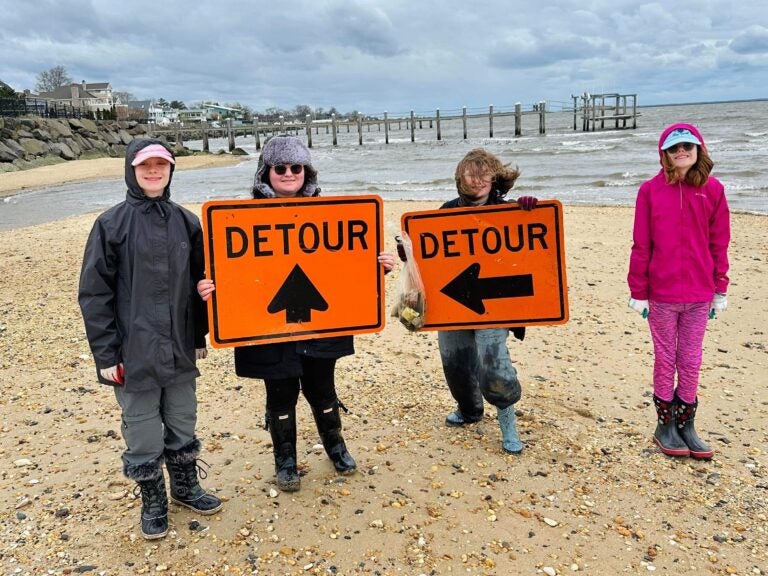
Toys, electronics and road signs were among the more unusual items volunteers collected from New Jersey’s beaches last year. (Courtesy of Clean Ocean Action)
This story is part of the WHYY News Climate Desk, bringing you news and solutions for our changing region.
From the Poconos to the Jersey Shore to the mouth of the Delaware Bay, what do you want to know about climate change? What would you like us to cover? Get in touch.
Dirty diapers, syringes, a Christmas wreath and an inflatable hot tub — these are just some of the more than 276,899 items volunteers collected from New Jersey’s beaches in 2024.
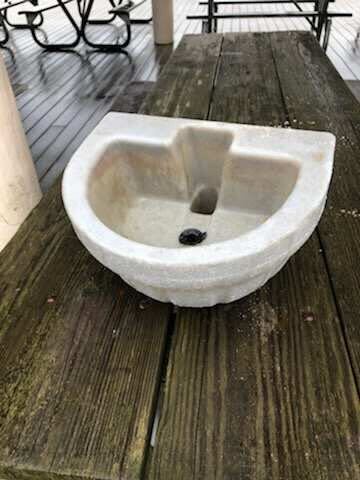
For 40 years, Clean Ocean Action has led annual “Beach Sweeps” to pick up piles of trash washed ashore.
The environmental group said it’s most concerned about persistent plastic waste, which last year made up more than 80% of debris collected. More than 50,000 bottle caps comprised the bulk of those plastics across the state, according to Clean Ocean Action.
“There’s more plastic in the ocean, there’s more in people,” said Cindy Zipf, the nonprofit’s executive director. “Every day, we seem to find new reports and journals about the impacts of plastic in people, and there’s basically nowhere on Earth or in any life form that hasn’t been impacted by plastics on this planet.”
Around 100 billion plastic beverage containers are sold in the United States each year — much of which ends up in landfills and waterways, polluting the environment and endangering wildlife. Studies also find plastic bottles shed microplastics that can impact a person’s health when ingested.
Volunteers documented some improvements during last year’s “sweeps,” including record-low numbers of plastic bags. They also collected fewer straws and styrofoam containers. Clean Ocean Action attributes the progress to the state’s plastic bag ban, which went into effect in 2022 and also restricted the use of straws and styrofoam.
In order to reduce other types of plastic waste, the organization is calling on state lawmakers to pass legislation that would force producers to decrease non-recyclable packaging by half, and require packaging to be compostable or recyclable, over the next 10 years. Clean Ocean Action also advocates for legislation that aims to reduce the use of plastic cutlery and condiment packets.
“Plastic pollution is an entirely avoidable problem that has gotten out of hand,” said Toni Groet, the organization’s South Jersey Program Coordinator. “The inexcusable pollution of our waterways, wildlife, and human health need to be prioritized and plastic pollution needs to be stopped at its source.”
Clean Ocean Action is encouraging residents to volunteer for this year’s “Sweeps,” taking place this Saturday April 12 and again in the fall October 18. More than 8 million pieces of debris have been collected by volunteers since the program began 40 years ago.
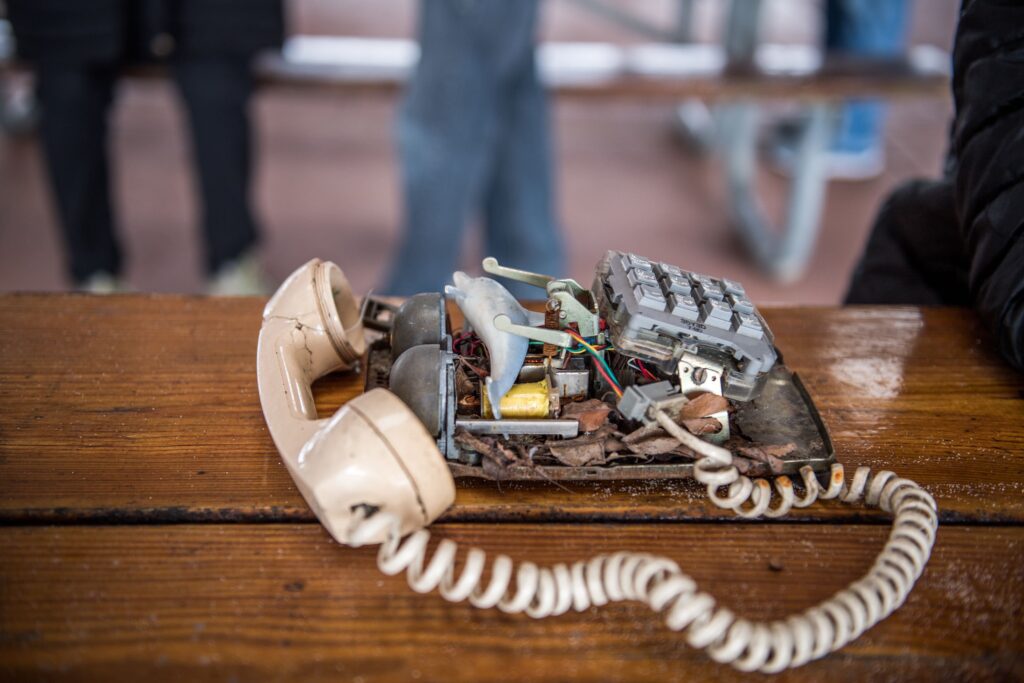
WHYY is your source for fact-based, in-depth journalism and information. As a nonprofit organization, we rely on financial support from readers like you. Please give today.





